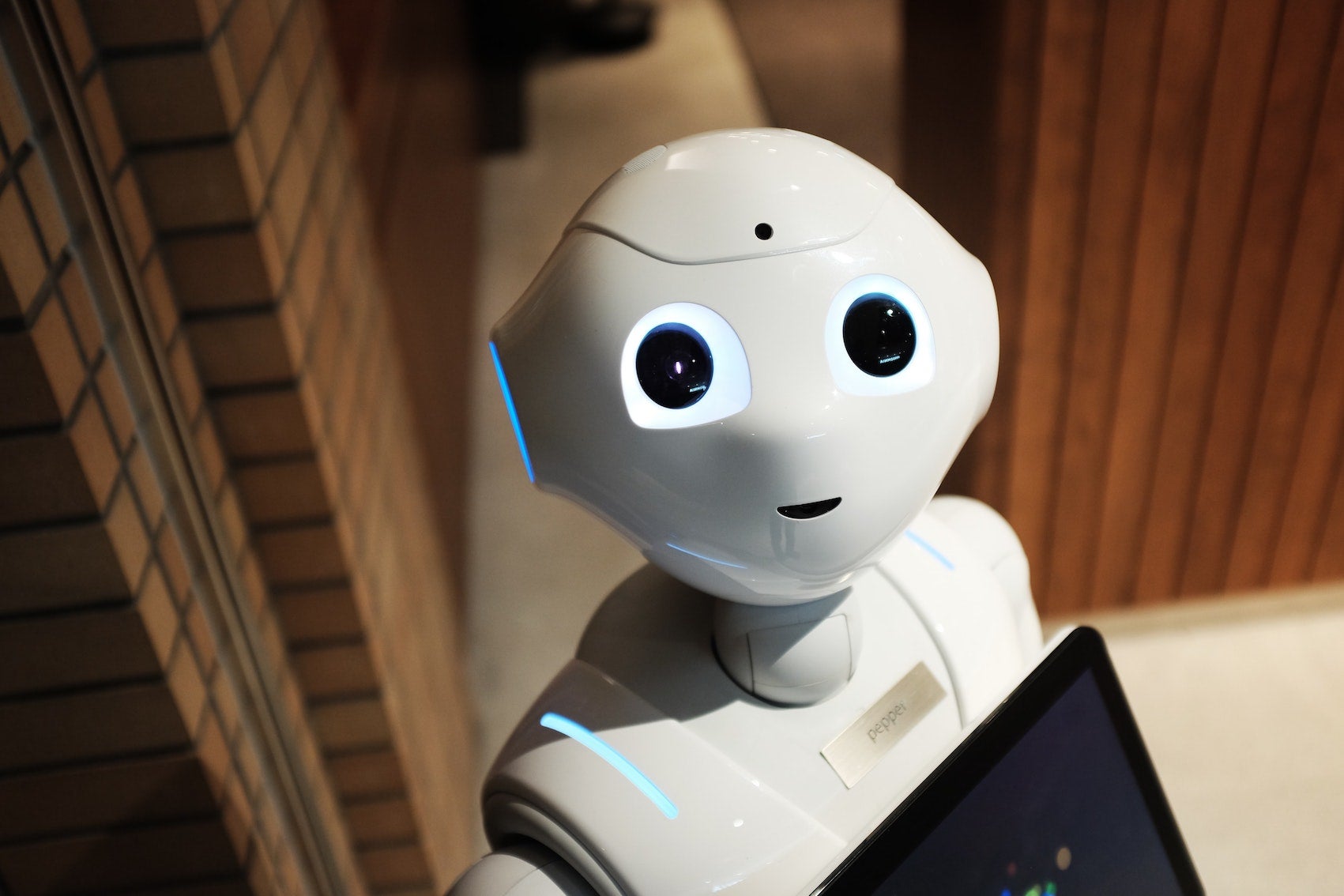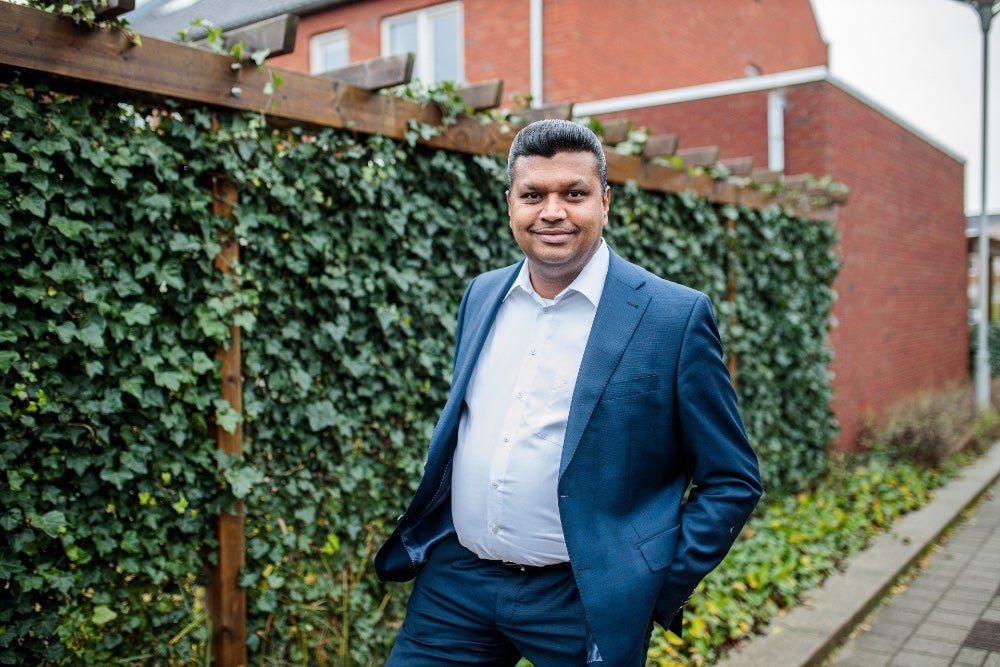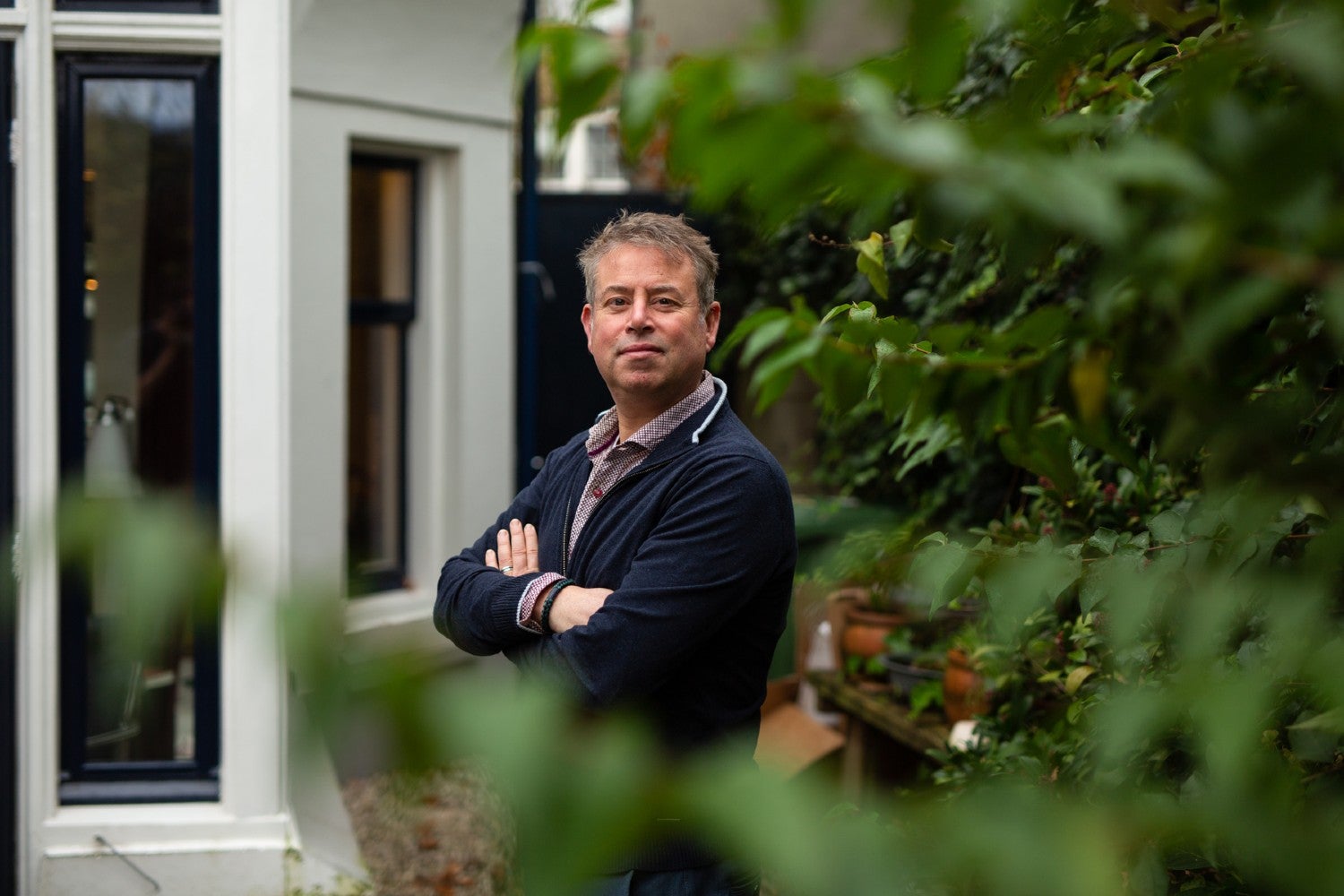According to Assistant Professor of Moral and Political philosophy Lisa Bastian, our norms as to what constitutes a good relationship are due a good shake-up. „We have to remember what relationships are all about: an answer to mankind’s universal need for connection and understanding that cannot be found anywhere else.”
In your opinion, are our norms surrounding love shifting?
„There is a difference between accepted social forms and moral norms. Ideally, what we consider acceptable should be a reflection of our moral values, but this is often not the case. Social norms are shaped by culture, history and traditions, and they have certainly changed in the last 100 years. A century ago, having a child out of wedlock or having a meaningful relationship with several people at once would have been out of the question."
„Whether our underlying moral norms have also changed is a particularly interesting question and I would argue that they have not. We still have very explicit expectations when it comes to what it means to respect or appreciate others, or what constitutes an authentic relationship, and we condemn all manifestations of love that diverge from these expectations."
How does Artificial Intelligence challenge our underlying norms?
„AI challenges our notions of a meaningful relationship. Can they only exist between two people or can you have one with other ‘beings’? Some people have a very meaningful relationship with their dog or cat. Perhaps we can extend that norm to other "operating systems”, with AI occupying the most intelligent end of the scale. We might have to accept that a relationship with AI can be just as meaningful as an interpersonal relationship."
„As it happens, AI is already being used to solve certain social issues, such as chatbots who have a chat with lonely elderly people or people struggling with suicidal thoughts."
What are your thoughts on the authenticity of chatbots?
„It’s a fascinating issue, especially with the recent emergence of ChatGPT. Can we have AI do our moral tasks for us? Our societies are not willing or able to do everything they are responsible for, so we enlist technology to keep elderly people company, for example. And it seems this idea doesn't go against our moral conscience."
„But what about having ChatGPT write your partner a love letter? The result will most likely be fantastic, and AI could possibly produce a much more eloquent and heartfelt letter than you ever would have. But would it be authentic? Can we outsource moral tasks, or do they derive their very meaning from the fact that we have to do them ourselves and that they are difficult? That seems to be the current norm. The first meal your child cooks for you is unlikely to be Michelin-worthy, but it will have meaning because they tried their hand at something new and challenging. Interpersonal relationships are not about the perfect gift or perfect letter, but about the effort that was put into writing or finding it. We would have to stretch our concept of authenticity to accommodate for AI."
Will the permanent availability of chatbots, robots and sexbots affect our interest in them on the long term?
„It's a trade-off. It can be exhausting if friends or family are never available, but we need a certain degree of uncontrollability to stay interested. Models that cannot balance the two will quickly lose their lustre: not everything has to be predictable. ChatGPT never gives the same answer twice, which keeps things interesting."
In your opinion, what would be the biggest drawbacks of an AI love affair?
„Two people who are the same gender and the same age will have had somewhat similar experiences in life, although you can never be sure. The more different you are, the less you can truly understand how the other person feels. You can imagine how your partner experiences certain emotions or how they perceive colours, but this becomes increasingly difficult as the differences between you mount. Some things are simply impossible to communicate: you have to trust your own interpretations and can never truly know how the other person feels."
„The film Her shows this perfectly by following a male protagonist who falls in love with his virtual assistant. The female chatbot does not have the same cognitive limitations as the male protagonist: she can have different conversations with different people and even love them without loving the protagonist any less. He cannot understand and gets jealous, as he is unable to love or devote his full attention to more than one or two people at once."
Her was released in 2013 and paints a picture of the world in 2025. What do you expect relationships with AI to look like 10 years from now?
„I truly believe that language software like ChatGPT is the greatest technological innovation of the last 30 years. It will significantly change many aspects of our lives and open technological doors for interpersonal relationships. More and more people will fall in love with AI. Plenty of people have already fallen in love online, so we know that you can fall in love without ever seeing or touching the other person. The more these programs start to look like people - which they already do - I wouldn't be able to tell you why falling in love with AI would be any different. People will always have feelings and will talk to more and more chatbots. It is becoming easier and easier to forget that you are not actually talking to a real person. It is likely that society will initially look down on people who start a relationship with a chatbot."
„We have to remember what relationships are all about: an answer to mankind’s universal need for connection and understanding that cannot be found anywhere else."
On 16 February, Dr. Lisa Bastian will give an introductory talk at a screening of Her in Rialto. Alumni get a special € 2.50 discount on the normal ticket price. Use the code Alumni1602 to redeem your discount.








